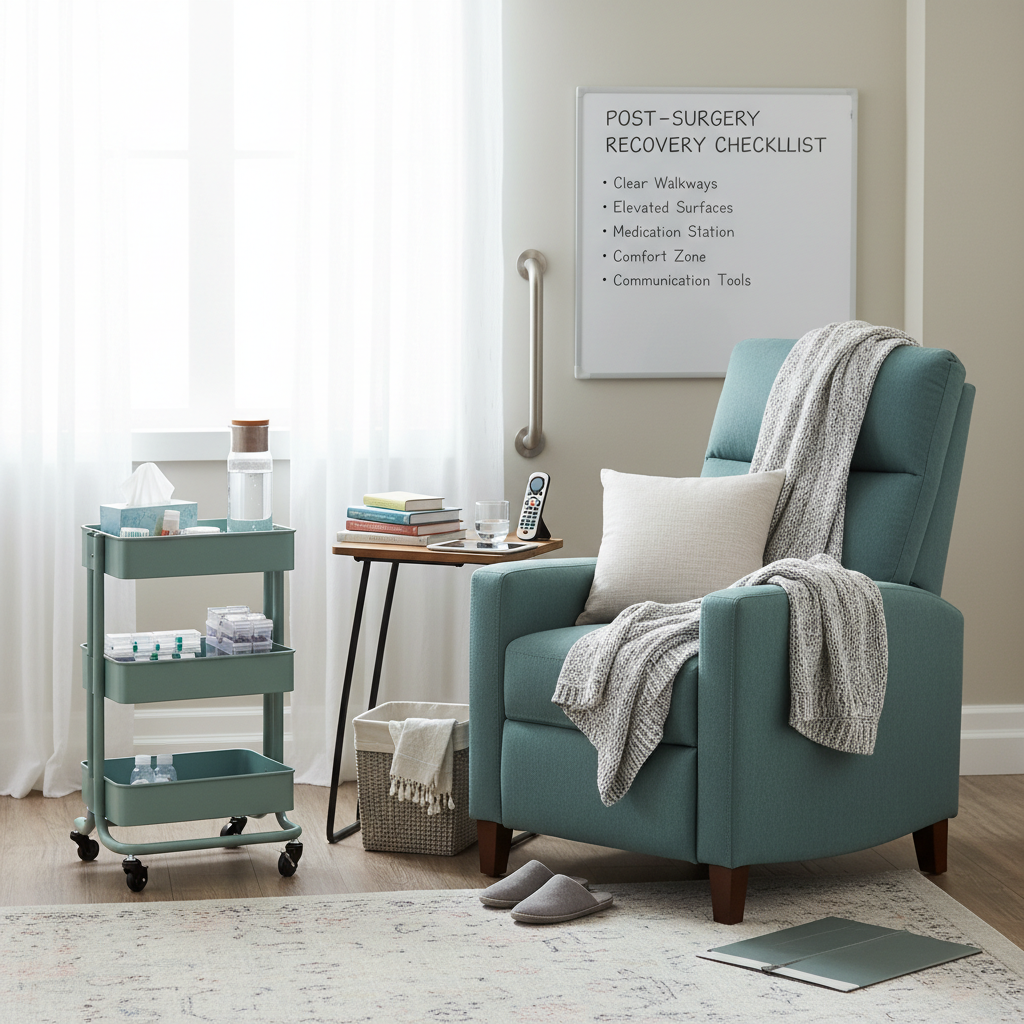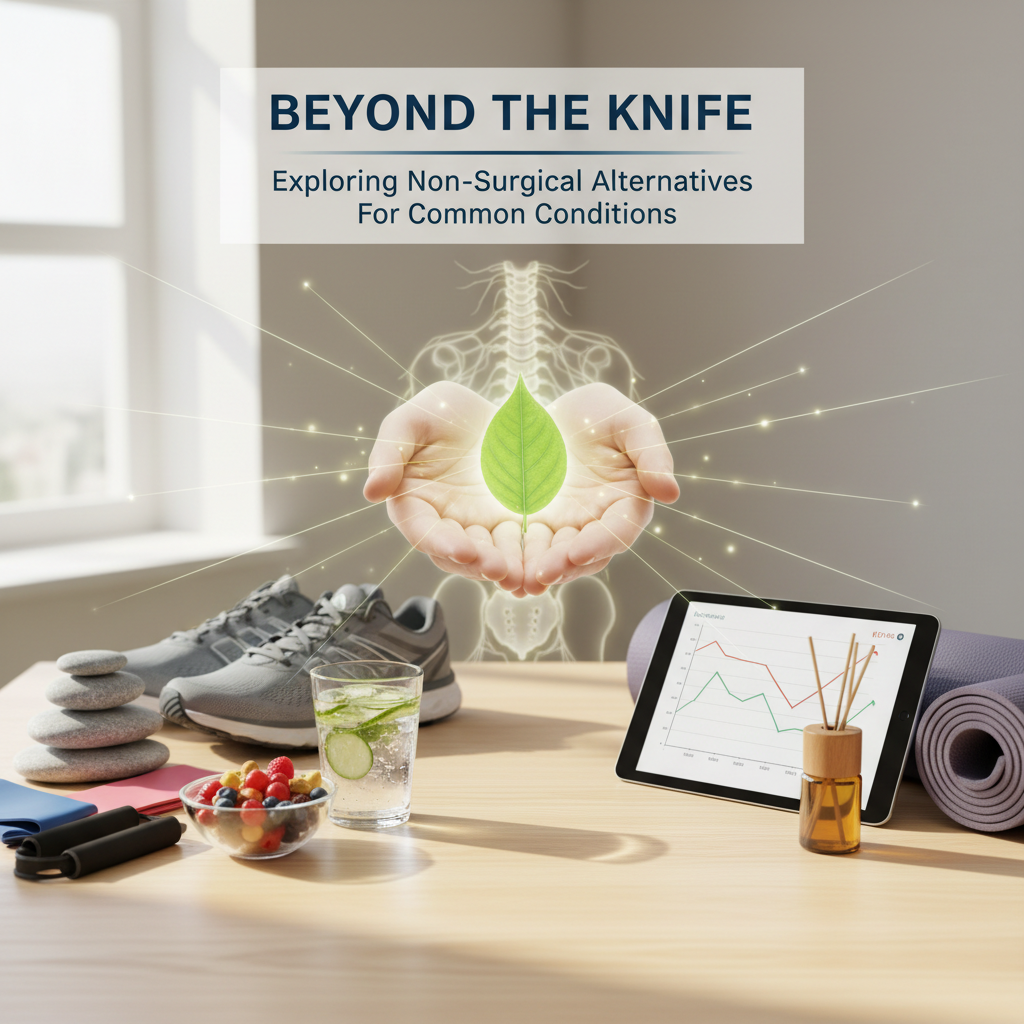
Making the Cut: How to Choose the Right Surgeon for Your Procedure
Making the Cut: How to Choose the Right Surgeon for Your Procedure
This guide is for patients and caregivers trying to choose a surgeon—whether it’s for a hernia repair, knee replacement, thyroid surgery, or a cosmetic procedure—and feeling the pressure to “get it right.” You’re juggling worries about safety, insurance, wait times (yes, those waitlist headlines are real), and whether the “best surgeon” online is truly the best for you. Our team helps patients verify surgeon credentials, compare outcomes, prep smart questions, and translate medical jargon into plain English so you can make a confident decision without second-guessing it later. Learn more about cosmetic procedure. Learn more about cosmetic procedure.
What matters most when choosing a surgeon?
Start with outcomes, surgical expertise, and fit. Not the flashiest website or a friend-of-a-friend’s opinion. The big levers are board certification and fellowship training, procedure volume, hospital or ASC quality, complication and revision rates, surgeon-patient communication, and whether their approach matches your goals. Cost and access matter too—but value beats bargain hunting in surgery, always.
How do I verify a surgeon’s credentials?
Check three things: licensing, board certification, and hospital privileges. Licensing is granted by your state medical board; search the board’s website to confirm the license is active and look for any disciplinary actions. Board certification (ABMS or AOA in the U.S.) shows the surgeon met specialty standards and stays current—verify it directly through the certifying body. Hospital or ambulatory surgery center privileges prove a facility has vetted that surgeon for your specific procedure. Bonus signals: relevant fellowship training (like vascular, colorectal, hand, breast, spine), active membership in specialty societies, and peer-reviewed research. I’ve seen patients breathe easier the moment they see those three green checks—license, board cert, privileges.
Does surgical volume and outcomes really matter?
Yes—more than almost anything else. High-volume surgeons for a given procedure typically have fewer complications and better outcomes. Ask direct questions: How many of this exact procedure did you perform in the last 12 months? What are your complication rates, readmissions, conversions to open surgery, and unplanned return-to-OR within 30 days? Do you track patient-reported outcomes (pain, function, satisfaction) at 3 and 12 months? If the surgeon can’t give a clear, procedure-specific answer, that’s a data gap. And that gap matters.
Should I trust patient reviews?
Use reviews as directional, not definitive. Single-star rants and glowing five-star love letters can both be outliers—look for recurring themes about surgeon-patient communication, timeliness, and complication handling. Seek verified platforms and pay attention to comments about follow-up and how issues were resolved. I’d argue the most revealing reviews mention specifics, like “explained risks with numbers” or “called me personally on day 2.” If everything reads like copy-paste marketing, step back.
What questions should I ask in a consultation?
Bring a short list. Ask for numbers and plain language. You want to leave with clarity, not more tabs open in your browser.
What are my non-surgical options, and what happens if I choose them?
For my diagnosis, what’s the absolute risk of major complications and what can we do to lower it?
How many of these procedures have you done in the last year, and what are your outcomes?
Will you personally perform the key parts of my operation? Who else will be involved (assistants, residents, physician assistants)?
What type of facility will we use and why—hospital vs accredited surgery center? Who handles anesthesia?
What’s the typical recovery timeline at day 3, day 14, and day 90? When do most patients return to work or sport?
What’s the plan if things don’t go as planned—conversion, transfusion, overnight stay?
What will this cost me, including surgeon fee, facility, anesthesia, implants, and follow-up?
How to assess surgeon-patient communication in 15 minutes
Look for three behaviors. One, they listen before they talk (you shouldn’t feel rushed). Two, they use teach-back—“Can you tell me how you’ll manage your medications the night before?”—to ensure you understood. Three, they discuss risks and alternatives without sugarcoating. Bonus points if they sketch on paper, share a visual, or summarize next steps in writing. If you leave feeling calmer and clearer, that’s not fluff—it’s a predictor of better adherence and fewer surprises. Learn more about surgeon-patient communication.
Comparing two “best surgeons”: tie-breakers that actually matter
Same pedigree, similar reviews—now what? Consider the facility’s safety profile (accreditation, ER coverage, infection rates), anesthesia team experience with your case type, enhanced recovery protocols (multimodal pain control, early mobilization), and whether the surgeon’s technique aligns with your priorities. For example, in hernia repair, is mesh selection tailored and is chronic pain discussed candidly? In joint replacement, are they using patient-specific instrumentation or standard guides—and why? Access counts: time to surgery, ease of contacting the care team, and structured follow-up. I’ve noticed patients do better when surgeons have a clear game plan for days 1–7 post-op, not just “See you in two weeks.”

And yes—cost transparency is a tie-breaker. If one office can provide a detailed estimate that separates surgeon fee, facility fee, anesthesia, implants, and pathology while the other shrugs, that tells you about operational maturity. It’s like choosing between a Ferrari and a bicycle for a cross-country trip—you want the machine that’s built for reliability, not just shine.
Red flags while finding a surgeon (and what to do)
Guaranteeing results or promising “zero risk.” Refusing to discuss complication rates. Pushing you to schedule “today” for a price break. Glossing over alternatives. Not disclosing conflicts of interest with specific devices. Multiple unresolved board actions. Before-and-after photos with inconsistent lighting or angles. If you spot any of these, pause, request your records, and get a second opinion. Real talk: a good surgeon won’t be offended—they’ll welcome another expert’s eyes.
Insurance, costs, and value—getting the numbers straight
In-network can reduce your out-of-pocket, but the “best surgeon” for your specific case might be out-of-network—sometimes it’s worth the appeal. Ask for an itemized estimate: CPT codes, surgeon fee, facility fee, anesthesia, implants, and follow-up visits included in the global period. Confirm preauthorization requirements and what happens if a claim is denied. Know your deducible and out-of-pocket maximum; ask if there’s a cash rate that’s lower than the insurer’s allowed amount. The No Surprises rules protect many facility-based anesthesia and emergency scenarios, but elective cases can still create billing landmines if you don’t get it in writing. Value = outcomes + experience + access, not just the sticker price.
Preparing for surgery: stack the odds in your favor
Optimization beats luck. Stop nicotine for at least 30 days pre-op. Target 7,000–8,000 daily steps if your condition allows, and add simple strength work (sit-to-stand reps, light resistance) 3 days a week. Protein matters: aim for roughly 1.2 g/kg/day the month before and two weeks after, unless your clinician advises otherwise. Flag diabetes control early—surgeons often prefer HbA1c under 7.5 for elective procedures. Review meds: blood thinners, GLP-1s, supplements like fish oil and turmeric—don’t guess, get a written plan. Prepare your home (grab bars, ice packs, pill organizer), line up a caregiver for the first 48 hours if needed, and clarify your return-to-work plan. Small prep steps, big payoff.

How our team supports your choice (no pressure, just clarity)
If the research slog feels like a second job, our team can handle the heavy lift. We verify surgeon credentials and hospital privileges, shortlist high-expertise options for your procedure, prep you with targeted consult questions, and translate outcomes data into plain English so you know what “good” looks like. We also coordinate second opinions, navigate insurance preauths, and sketch a recovery game plan you can actually follow. If you prefer to stay hands-on, we’ll simply audit your picks and point out blind spots—clean, objective, fast.
From what I’ve seen, the best outcomes come from matching the right surgeon to the right patient, at the right facility, with the right preparation. Simple idea. Complicated execution. We make the complicated parts simpler.
Quick decision checklist for choosing a surgeon
License verified with no active disciplinary actions.
Board certification confirmed in the relevant specialty; fellowship training aligned with your procedure.
Clear, recent procedure volume and outcomes shared in writing.
Facility accreditation, anesthesia coverage, and perioperative protocols explained.
Transparent, itemized estimate—surgeon, facility, anesthesia, implants, follow-up.
Communication feels respectful, unhurried, and specific to your goals.
Plan for complications and after-hours issues is explicit.
You understand alternatives and why this approach fits you.
FAQs
Is board certification the same as being the “best surgeon”?
Board certification is a threshold signal—it confirms training, exams, and ongoing education. It’s not a guarantee of top-tier outcomes for your exact procedure. Pair board certification with procedure-specific volume, transparent outcomes, and strong surgeon-patient communication. That combo separates excellent from average.
How many surgeries is “enough” to trust a surgeon’s expertise?
There’s no magic number, but you want consistent, recent volume in your exact procedure. Ask for the past 12 months. For many operations, higher volume correlates with better results. The key is clarity: the surgeon should know their numbers and discuss them openly.
Should I travel to find the best surgeon?
If your case is complex or rare, traveling to a high-volume center can improve outcomes. Trade-offs include logistics, cost, and follow-up access. Ask about virtual follow-ups, local PT or wound care coordination, and what happens if complications occur after you return home. Sometimes the “best” surgeon is the one you can reach quickly when you need them.
What if I don’t feel comfortable after the first consultation?
Trust that instinct. Seek a second opinion and compare plans. Request your records and imaging, and bring a concise summary of your goals and concerns. You’re hiring a professional—fit matters.
Can AI or data tools help with finding a surgeon?
They can surface patterns—credentials, volumes, reviews—but they can’t replace a transparent conversation about risks, alternatives, and your priorities. We use data to narrow the field, then help you evaluate communication quality and care plans so you’re choosing a person, not just a profile.

